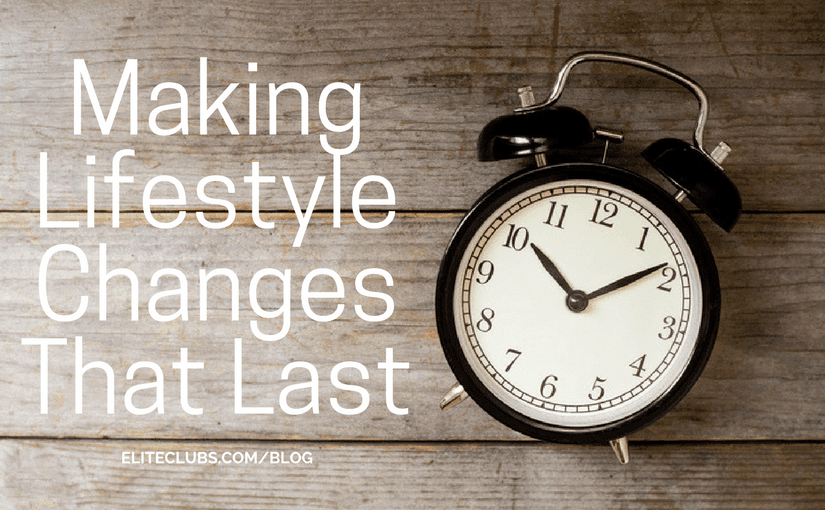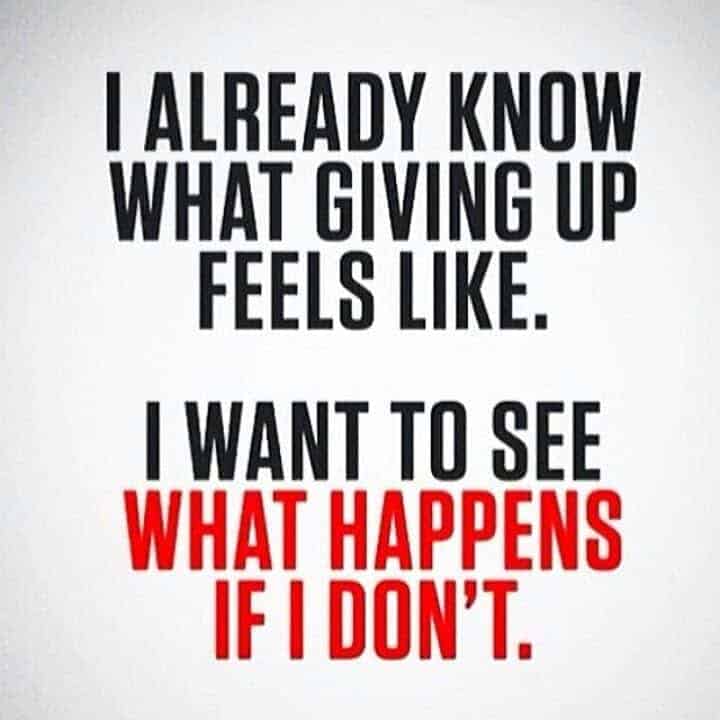
The beginning of the new year marks the time that many folks decide to eat better and make healthy lifestyle changes. You’re feeling motivated to start fresh, the days are slowly getting longer, and the promise of spring is on the horizon. But how do you make those resolutions into lasting change?
Lifestyle changes that really last require due diligence and commitment on your part, and a great deal of external support from family, friends, and sometimes, professionals that you employ to help you get on your way. Do your research and make a plan that will set you on a successful path of permanent change. Here are some suggestions on how to make those healthy upgrades persevere.
Your plan is your road map. Be specific about the changes you want to make and outline them. Be sure as you set this up so that the goals in your plan are manageable, and in bite sized pieces. In other words, a plan that works is one that incorporates small changes manageably over time.
Start small. After you’ve identified realistic short-term and long-term goals, break down your goals into small, manageable steps that are specifically defined and can be measured. Is your long-term goal to lose 20 pounds within the next five months? A good weekly goal would be to lose one pound a week. If you would like to eat healthier, consider as a goal for the week replacing dessert with a healthier option, like fruit or yogurt. At the end of the week, you’ll feel successful knowing you met your goal.
Change one behavior at a time. Unhealthy behaviors develop over the course of time, so replacing unhealthy behaviors with healthy ones requires time. Many people run into problems when they try to change too much too fast. To improve your success, focus on one goal or change at a time. As new healthy behaviors become a habit, try to add another goal that works toward the overall change you’re striving for.
Involve a buddy. Whether it be a friend, co-worker or family member, someone else on your journey will keep you motivated and accountable. Perhaps it can be someone who will go to the gym with you or someone who is also trying to stop smoking. Talk about what you are doing. Consider joining a support group. Having someone with whom to share your struggles and successes makes the work easier and the mission less intimidating.
Ask for support. Accepting help from those who care about you and will listen strengthens your resilience and commitment. If you feel overwhelmed or unable to meet your goals on your own, consider seeking help from a psychologist. Psychologists are uniquely trained to understand the connection between the mind and body, as well as the factors that promote behavior change. Asking for help doesn’t mean a lifetime of therapy; even just a few sessions can help you examine and set attainable goals or address the emotional issues that may be getting in your way.
Making the changes that you want takes time and commitment, but you can do it. Just remember that no one is perfect. You will have occasional lapses. Be kind to yourself. When you eat a brownie or skip the gym, don’t give up. Minor missteps on the road to your goals are normal and okay. Resolve to recover and get back on track.
Set up a Free Fitness Consultation
Written by Melissa Abramovich, ACE CPT, NASM CGT, AAHFRP Medical Exercise Specialist at Elite Sports Club-River Glen
Melissa Abramovich went into Personal Training and Group Exercise instruction after successfully losing 140 pounds through healthy diet and exercise. Her desire to help others drove her forward into a career helping others to make healthier choices. She is an ACE certified personal trainer and now also a Medical Exercise Specialist (AAHFRP), helping clients with a myriad of health issues at Elite Sports Clubs. She holds a Bachelor’s degree, and many group exercise related certifications as well.
